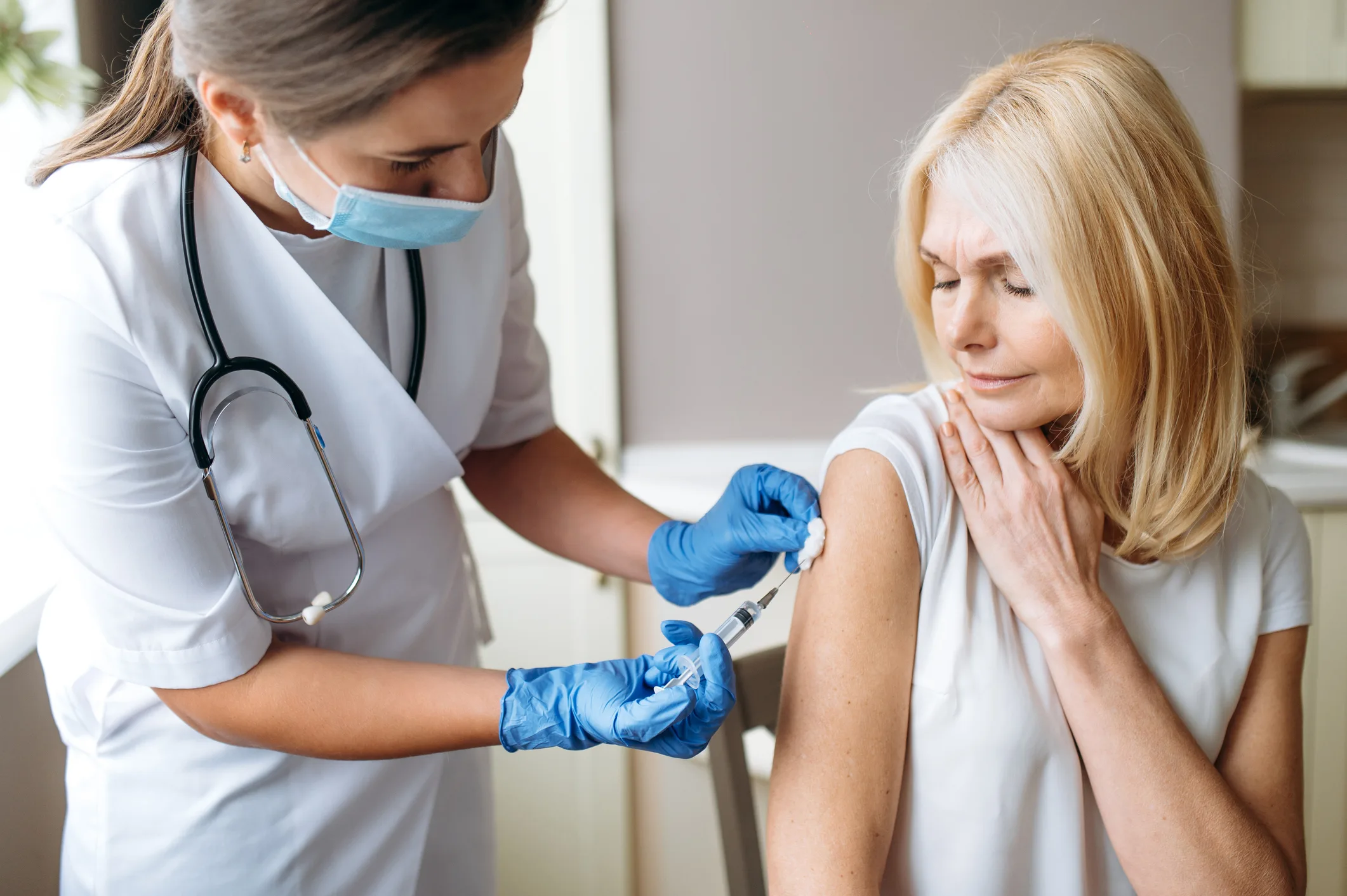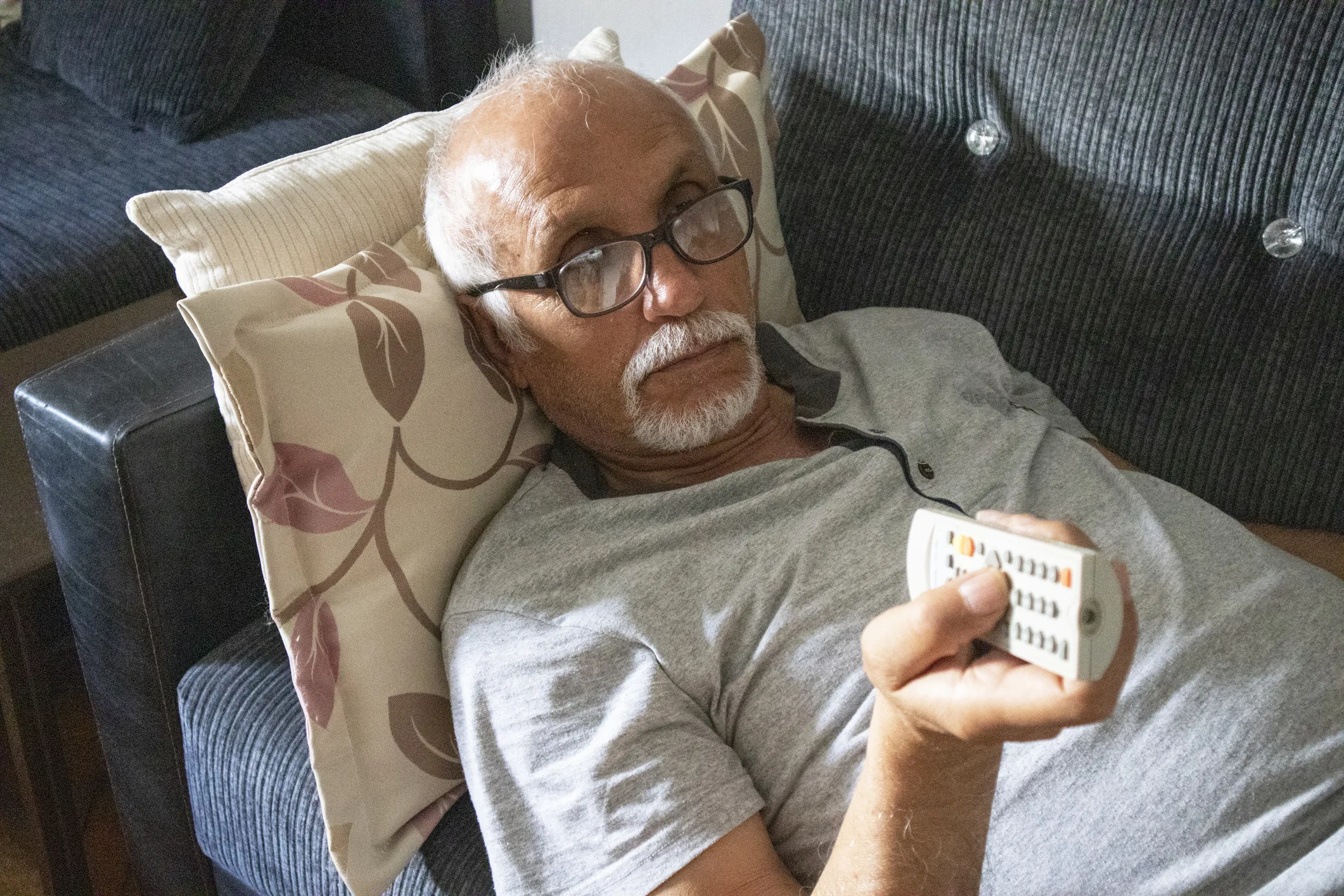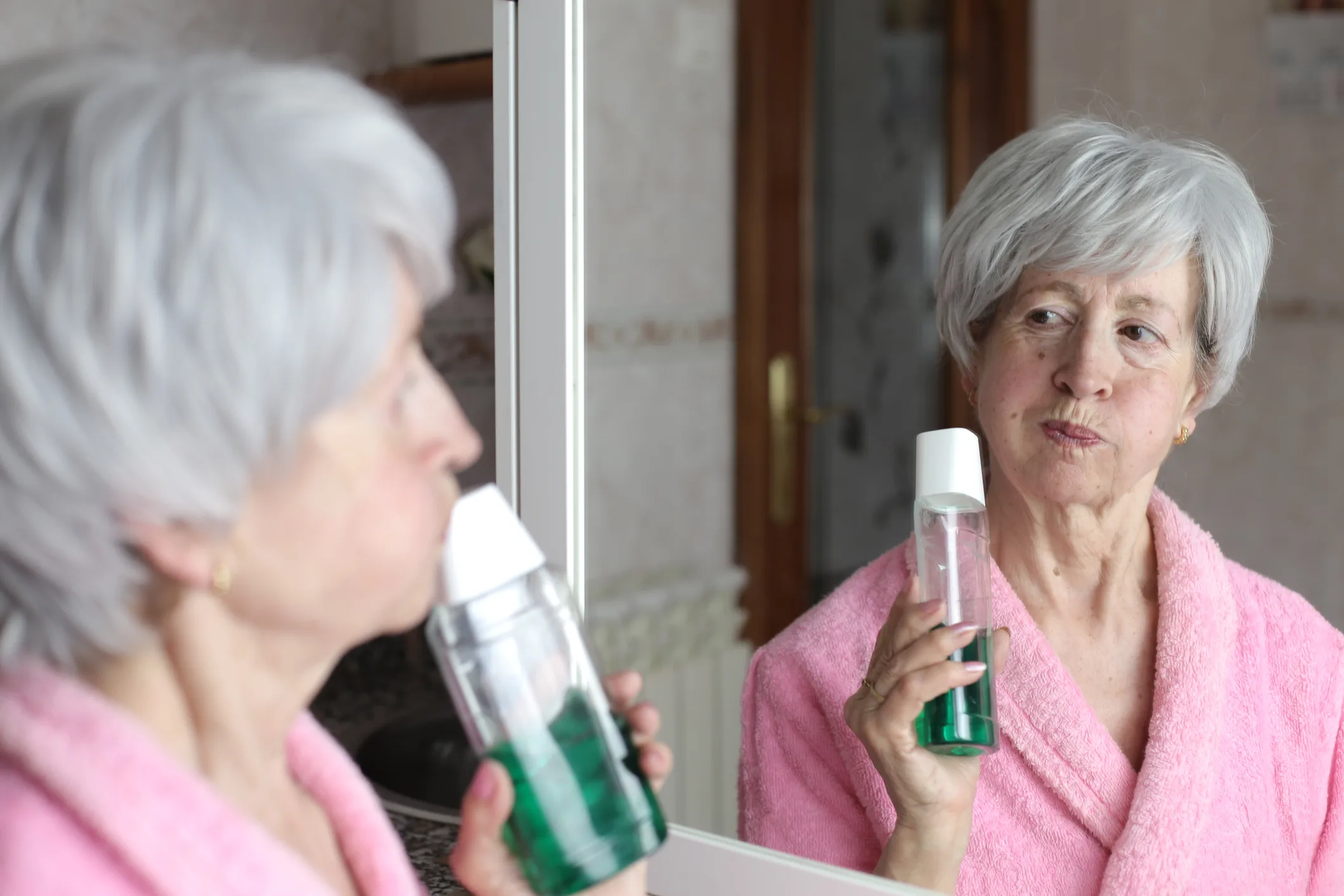A groundbreaking study has revealed that prolonged exposure to extreme heat may accelerate biological aging, a process influenced not only by genetics but also by environmental factors. Published in Science Advances, the research highlights the connection between extreme heat and “epigenetic aging,” where external elements like heat, smoking, or poor sleep alter DNA’s chemical structure, potentially affecting health and lifespan.
Dr. Khuram Ghumman, a family medicine expert, explains that environmental changes can lead to DNA methylation—chemical modifications that regulate gene activity. These changes, he notes, might pave the way for long-term health issues. The study underscores how extreme heat is not just an inconvenience but a silent force reshaping our biology.
The Research: Heat and DNA
The study, conducted by researchers at the University of Southern California, analyzed blood samples from 3,868 adults aged 56 and older across diverse socioeconomic backgrounds. By comparing participants’ epigenetic aging patterns with the frequency of extreme heat days in their locations, the researchers uncovered startling trends.
Prolonged exposure to extreme heat—defined as days with a heat index exceeding 90°F—was linked to significant biological aging. For instance, living in areas with frequent extreme heat days for one to six years increased biological age by an average of 2.48 years. Even short-term exposure (7–60 days) accelerated aging by about 1.07 years. These findings suggest that extreme heat has an impact on aging comparable to smoking or heavy alcohol consumption.
Heat and Retirement Choices
The effects of extreme heat are not only biological but also societal. Christopher Lee, co-owner of New England Capital Financial Advisors, has observed a shift in retirement trends over his 30-year career. While retirees once flocked to sunny states like Florida, many are now reconsidering due to extreme weather conditions such as hurricanes and oppressive heat.
Lee notes that Connecticut is becoming a more attractive retirement destination due to its milder climate and robust healthcare resources. However, even Connecticut is not immune to rising temperatures. In 2024 alone, the state experienced four heat waves and recorded its second warmest year on record with an average temperature of 52.2°F.
Extreme Heat’s Health Risks
Extreme heat poses direct and indirect risks to health. Dr. Douglas Casa, CEO of UConn’s Korey Stringer Institute, explains that factors like dehydration, lack of acclimatization, and reduced physical fitness can lower an individual’s tolerance for heat. Older adults are particularly vulnerable due to declining fitness levels and preexisting health conditions.
Casa emphasizes that while measures like staying hydrated can mitigate some risks, the physiological toll of prolonged heat exposure can lead to kidney damage, reduced physical activity, and other health complications. Dr. Ghumman adds that systemic issues—such as disrupted food production due to extreme temperatures—can exacerbate these problems.
The Broader Implications
The findings from this study highlight the urgent need for awareness about the long-term effects of extreme heat on aging. Beyond individual actions like staying cool and hydrated, systemic changes are necessary to address the broader impacts of climate change on public health.
As Dr. Ghumman points out, “Every time you go to see a doctor, they will tell you to eat better and exercise more—but if extreme heat prevents outdoor activity or disrupts food production, these recommendations become harder to follow.” This underscores the complex interplay between environmental factors and health outcomes.
Takeway: Rethinking Aging in a Warming World
The study sheds light on how climate change is reshaping not just ecosystems but also human biology. Extreme heat accelerates epigenetic aging in ways comparable to other major stressors like smoking or poor diet. As global temperatures continue to rise, understanding and mitigating these effects will be crucial for ensuring healthier aging populations.
Whether through personal adaptations or larger societal shifts, addressing the hidden toll of extreme heat is essential for safeguarding both individual well-being and public health systems in an increasingly warming world.
Source:
Ambient outdoor heat and accelerated epigenetic aging among older adults in the US
New study says extreme heat makes you age faster. Is CT weather a ‘sweet spot’?











